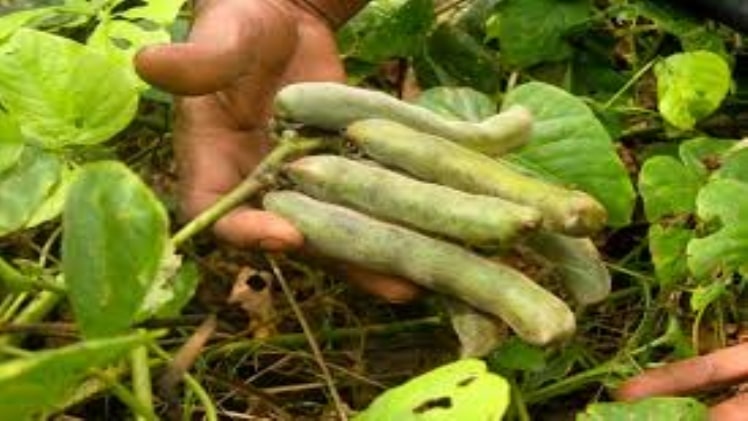The modern world has been very harsh on the human body. Competition, hustle culture, emotional baggage, living environment, etc are notoriously affecting physical and mental health. Our bodies are perfectly capable of tolerating average amounts of stress. Still, long-term pressure can damage the biological system gravely, attributing to disorders ranging from mild indigestion to progressive neurodegenerative conditions like parkinsonism. Anxiety is addressed as a reason for even sexual dysfunction. Different bodily systems respond differently to chronic stress, and we still haven’t got the bigger picture.
Stress in different perspectives
Ayurveda regards stress as sahasa, which is basically a vata-related response. It can occur due to various physical and psychological reasons like fasting, excessive exercise, trauma, unnatural postures, unhealthy food habits, kopa (anger), shoka (grief), bhaya (fear), malsarya (competitiveness), etc and is known as to cause ojakshaya (reduced disease resistance). It affects negatively the health of different bodily systems. For example, chronic stress can cause muscles to stiffen up, limit the range of movements and compress the nerves to create aches and pains. When it comes to the respiratory system, shortened breath and narrowed airways can lead to decreased intake of oxygen. The high blood pumping rate can damage the heart muscles and blood vessels. The persistent presence of stress hormones attributes to metabolic disorders. Tension and anxiety are directly linked to increased stomach acid production and weakened intestinal barrier, not to mention the eating disorders like anorexia and bulimia. Chronic stress can trigger the nervous system and invoke continuous fight-or-flight reactions, subjecting the body to perpetual wear and tear. It can also cause reduced levels of dopamine, the neurotransmitter which mediates memory, pleasure, mobility, and motivation. Even the libido is related to our mental well-being.
Sitaram’s Kapikachu
If we are to name one herb that influences all the body systems and incorporates them to bestow health, it is Kapikachhu (mucuna pruriens). Known by the names cow hage, cow-itch, and velvet bean, Kapikachu is a miraculous multitasker. L-Dopa extracted from this herb is widely used for the treatment of Parkinsonism, a neurological condition characterized by decreased levels of dopamine. Its ability to calm the nerves and lower stress and anxiety is praiseworthy. It is also a famed aphrodisiac that has the potential to nurture virility and stamina, especially in males. The madhura rasa and ushna veerya of this herb give a jump start to the slothful metabolism. It balances all three doshas and bestows the individual with Ojas, making him impervious to the harmful effects of long-standing pressure.
Benefits:-
- Soothes nerves and curbs the anxiety levels
- Potential nerve tonic
- The natural supplement of L-Dopa, and increases dopamine levels in the body
- Enhances nerve conduction of signals
- Acts as an aphrodisiac in both males and females
- Influences ovaries and corrects ovulation
- Manages infertility by increasing the sperm count and quality
- Ensures reproductive health
- Regulates hormonal balance
- Strengthens metabolism
Dosage and instructions:-
1-2 capsules twice daily or as directed by the physician. The night dose should be followed by a glass of lukewarm milk or water for best results superstep.

